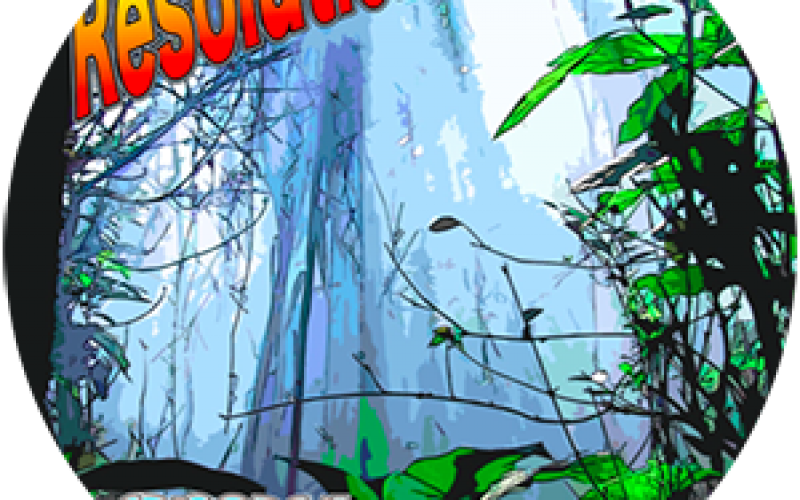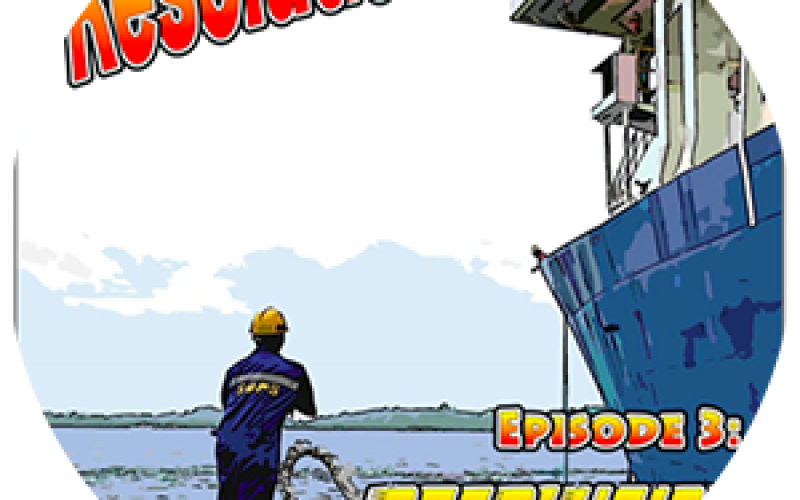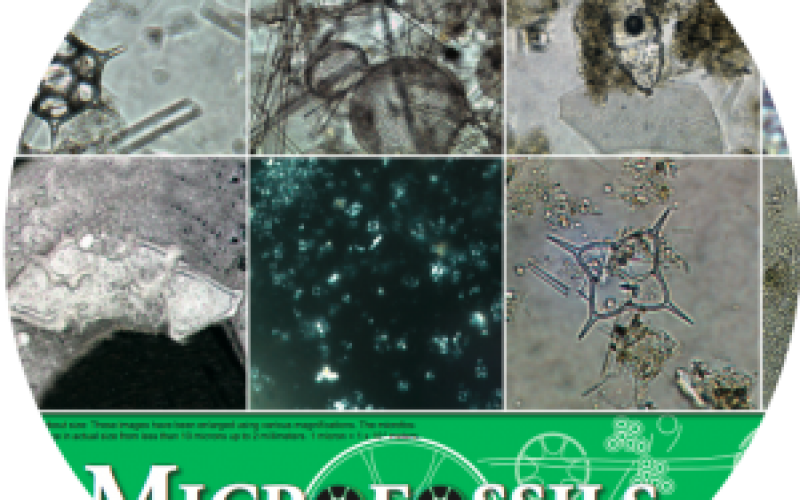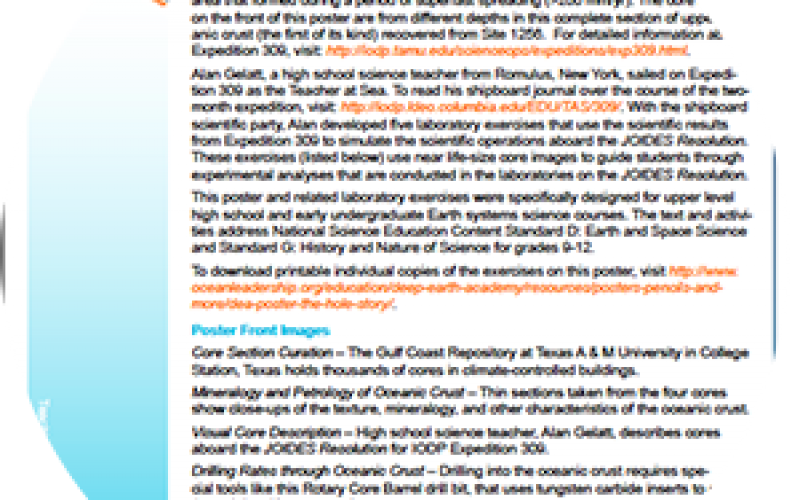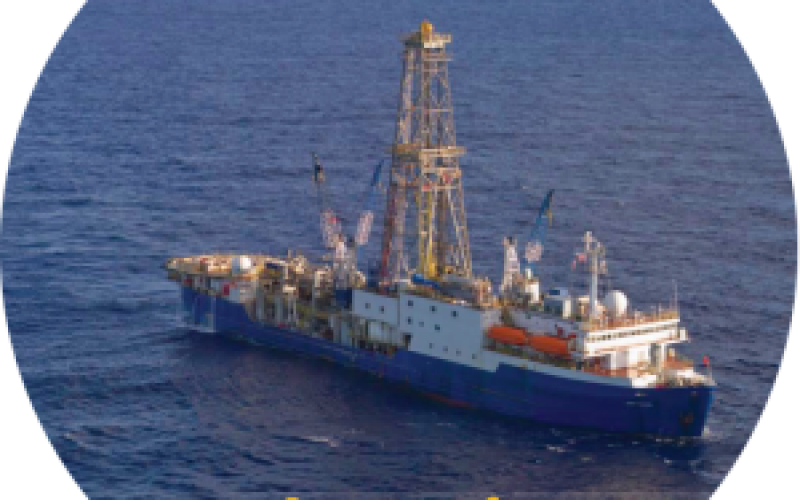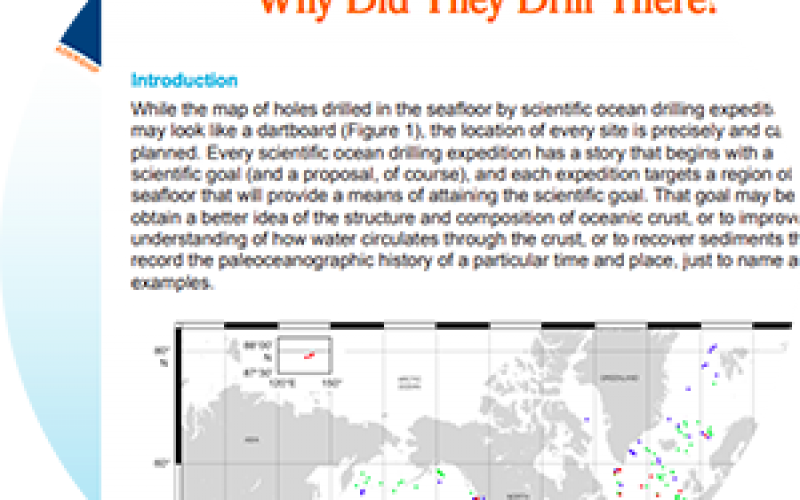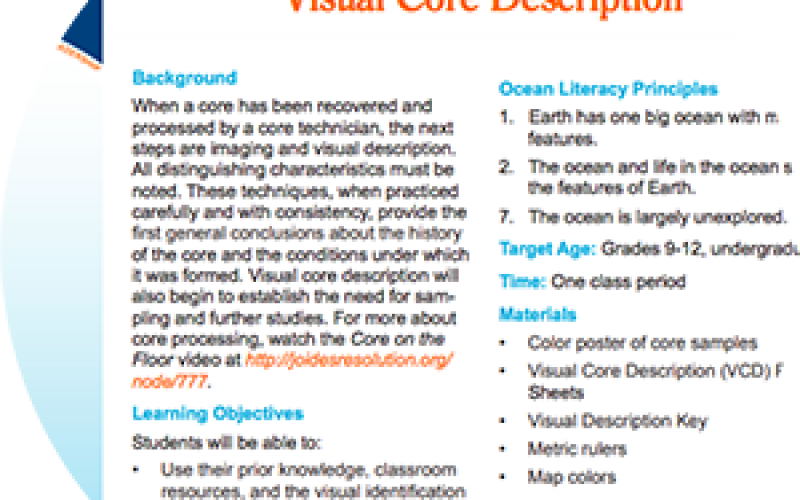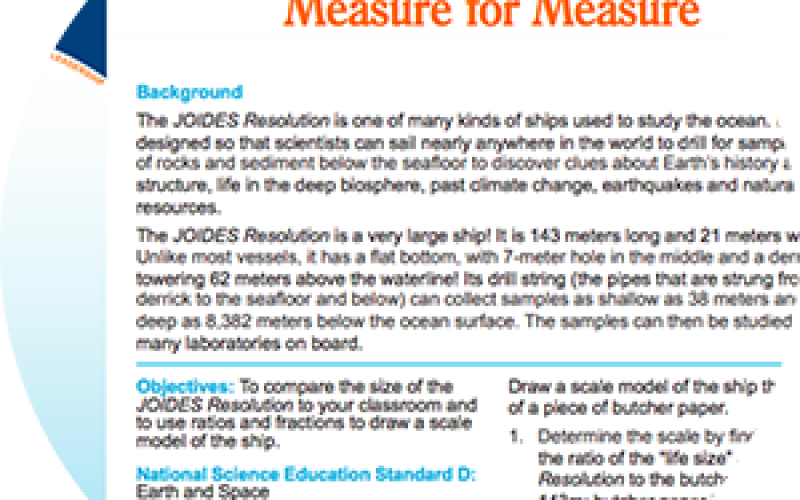Episode 4: Arctic Rainforest
This is a product of Borehole Research Group, to see more Click Here!
Episode 3: Resolution Reloaded
This is a product of Borehole Research Group, to see more Click Here!
Microfossils: The Ocean’s Storytellers Poster
Microfossils are microscopic single-celled organisms that belong to the Kingdom Protista (or Protoctista). Examples include calcareous nannofossils, foraminifera, diatoms, radiolarians, and silicoflagellates; planktonic organisms that inhabit the sunlit surface waters of the world ocean. The tiny shells of microfossils are the sediments that cover vast areas of the seafloor.
The “Hole” Story About Ocean Cores
The “Hole” Story About Ocean Cores will introduce your students to core description and curation techniques used by scientists and technicians during Integrated Ocean Drilling Program Expedition 309. Lab groups can work together to examine high resolution photos and data from four cores taken at various depths in this first-of-its-kind complete section of oceanic crust.
JOIDES Resolution Mini-Poster
Window on Arctic Coring
The question “Why Drill there?” is addressed at multiple levels, so students can experience the scientific rationale behind drilling the sea floor at a particular location. A subset of research results are also investigated and compared with the current scientific paradigm on Cenozoic climate evolution to demonstrate that science is an evolving process.
Why Drill There?
Notes:
This activity was written for School of Rock participants and assumes the learners have access to Leg 198 cores at the Gulf Coast Repository. The activity can, however, be useful in your setting through simple modifications and the use of online resources.
Visual Core Description
Mineralogy and Petrology of Oceanic Crust
The common minerals that make up most of the oceanic crust are called rock-forming minerals. They come from the upper mantle…

